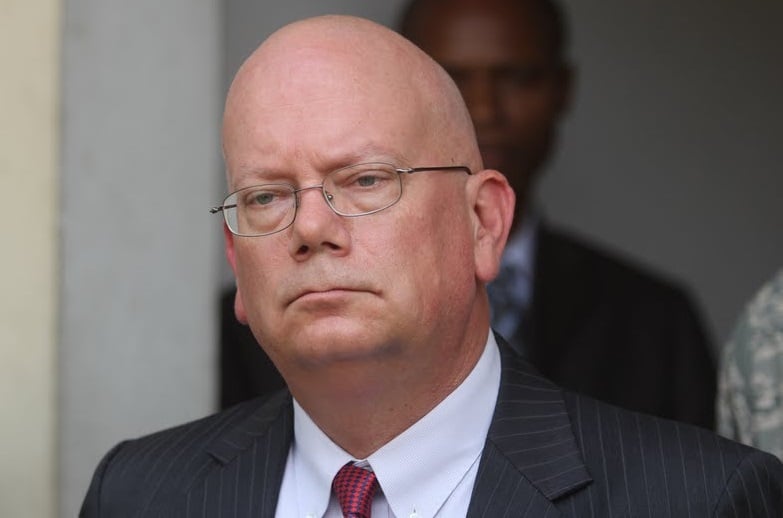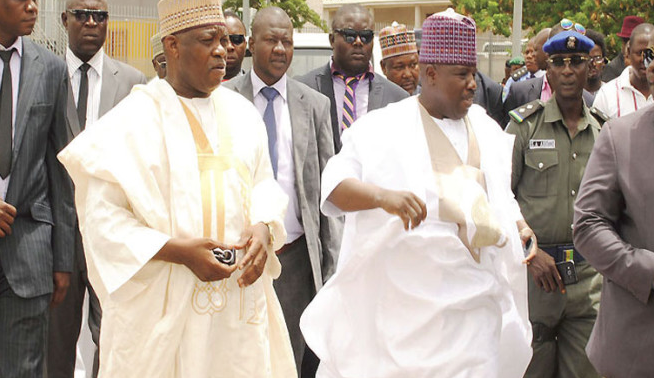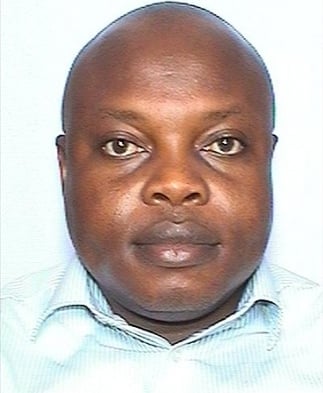Only five of the 36 states of the federation have met the conditions for accessing the N90 billion budget support loan facility, which the federal government intends to offer states at nine per cent interest rate, among other stringent conditions.
Also, one of the states, whose identity was not revealed, has declined to be part of the bailout loan.
The revelations were made to state house correspondents on Thursday at the end of the national economic council (NEC) meeting presided over by Vice President Yemi Osinbajo.
The 22 stringent conditions demanded by the federal government from states include publishing their financial statements and receiving the bailout in monthly tranches, as opposed to full disbursement upfront as was the case with the 2015 bailout.
Advertisement
The loan will be disbursed starting from the next meeting of the federation account allocation committee (FAAC) meeting.
The conditions are contained in FG’s fiscal sustainability plan (FSP) fiscal framework for sub-national governments (states) in Nigeria, which Kemi Adeosun, minister of finance, released at a stakeholders’ meeting attended by the 36 states commissioners for Finance.
This is the third bailout from the federal government to states.
Advertisement
In July 2015, President Muhammadu Buhari approved an N804.7 billion intervention package to help bankrupt states pay salaries. Also, the federal government deferred up to N10.9 billion obligatory repayments due from states for April this year in respect of their restructured bailout loan obligations.
However, a report the Independent Corrupt Practices and Other Related Offences (ICPC) indicted most of the states of diverting the fund, prompting the announcement of stringent conditions for the bailout under consideration.
Speaking with journalists at the end of the NEC meeting, Udom Emmanuel, governor of tAkwa Ibom state, Governor, Udom Emmanuel, said the bailout was available but not compulsory.
“It is just to make this available; it is not compulsory,” he said.
Advertisement
“What is important is that people can have access to a lifeline. What is happening today is not peculiar to Nigeria as a country; the impact of the fall in crude oil price that has actually gotten to oil producing countries like Nigeria.
“What we are looking are the solutions. We must provide a lifeline for people to survive and to move on, and I don’t think its too much.”
According to the governor, the federal government is owing states, but while the reconciliation is going on, states should have access to funds to address their needs.
In her own briefing, Adeosun announced that the balance in the excess crude account (ECA) as of June 15, 2016, stood at $2,261,249,976.
Advertisement
Add a comment






